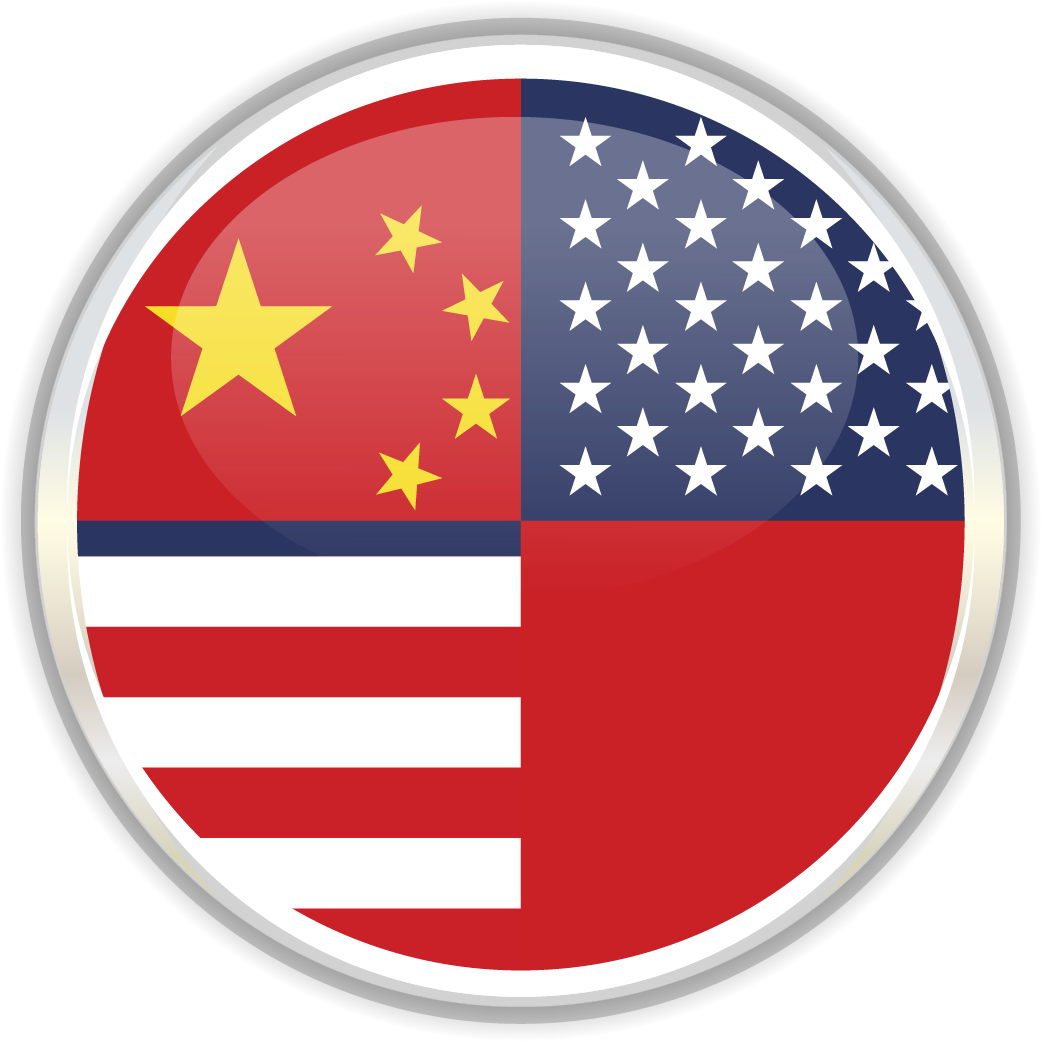管子语录 汉英双解:
- 【原文】 地辟而国贫者,舟舆饰,台榭广也。赏罚信而兵弱者,轻用众,使民劳也。赋敛厚,则下怨上矣。民力竭,则令不行矣。下怨上,令不行,而求敌之勿谋己,不可得也。
- 【汉解】土地开辟了,而国家仍然贫穷,那是君主的舟车过于豪华、楼台亭阁过多的原故。赏罚信实而兵力仍然薄弱,那是轻易兴师动众、使民过劳的原故。赋税繁重则人民怨恨朝廷,民力枯竭则政令无法推行。人民怨恨,政令不行,而求敌国不来侵略,那是办不到的。
- 【英译】If the land has been brought under cultivation, yet the state remains poor, it is because boats and chariots are ornate and towers and pavilions are built on a vast scale. If the rewards and punishments are reliable, yet the armed forces are weak, it is because the ruler has been careless in employing the masses and overworking his people. If exactions and levies are too heavy, his subjects will resent their sovereign. When the strength of his people has been exhausted, his orders will not be carried out. When his subjects resent their sovereign and his orders are not carried out, it is impossible to expect his enemies to refrain from scheming against him.
